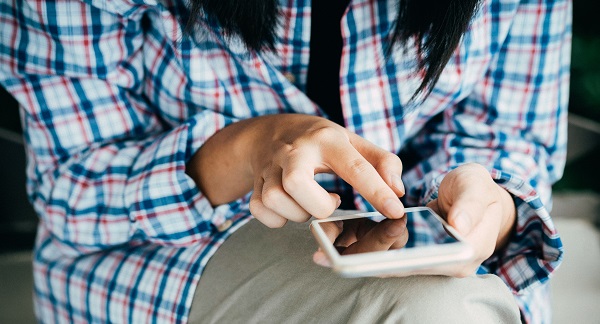
YourMomCares donates $500,000 to Children’s Hospital to develop mental health app for kids
This story first appeared on NEXTpittsburgh, which publishes Kidsburgh.
Ever heard of doctors trying to get teens to spend more time on their phones? That’s the new project at UPMC Children’s Hospital of Pittsburgh.
Children’s Hospital of Pittsburgh Foundation announced a $500,000 donation from the charity YourMomCares to fund the development of a new app and online platform dedicated to the mental health of teens.
“Teens and young adults use their mobile phones every day, so our goal is to capture their behavioral health needs by integrating our research into a technological solution that will appeal to this age group, which can lead to individualized clinical therapies in a timely fashion,” says Dr. Eva Szigethy, a child and adolescent psychiatrist at UPMC Children’s Hospital. “We hope that with this app, we can help target problems most affecting the individual’s life and ultimately help children and teens get the support and answers they need.”
The app will be based on existing web-based mental health services available to adults through UPMC Health Plan. It will feature interactive coaching sessions as well as games to teach patients new and constructive emotional coping techniques.
Like a Duolingo lesson for mental health, the games and activities on the app will be adjustable depending on the needs and developmental level of the patient.
The initial donation will fund a pilot study of 500 patients aged 16 to 26, which is due to launch during the 2019 school year. Participants will be selected from young patients currently in treatment at UPMC Children’s Hospital of Pittsburgh and UPMC Western Psychiatric Hospital.
YourMomCares’ long-term goal is to use the app as a basis for smartphone-based mental health tools that will be widely available across the country.
“There’s a national shortage of especially pediatric behavioral health providers,” says Dr. Szigethy. “This is about getting something that would work, that has research support, to make this kind of skills training available much more broadly.”
However, Dr. Szigethy adds that such expansion is still a long way off. The pilot project’s focus will be answering basic but essential questions, like how to optimize the user experience. It will also survey children, parents and pediatricians to see if the app is effective.
While there is a growing industry of standalone apps offering similar cognitive training exercises, Dr. Szigethy believes these services are less effective when used in isolation.
“They’re still the most powerful if they enhance what a clinical provider can do,” says Dr. Szigethy. “Having them embedded in a high-quality medical system like UPMC is really critical to their success.”